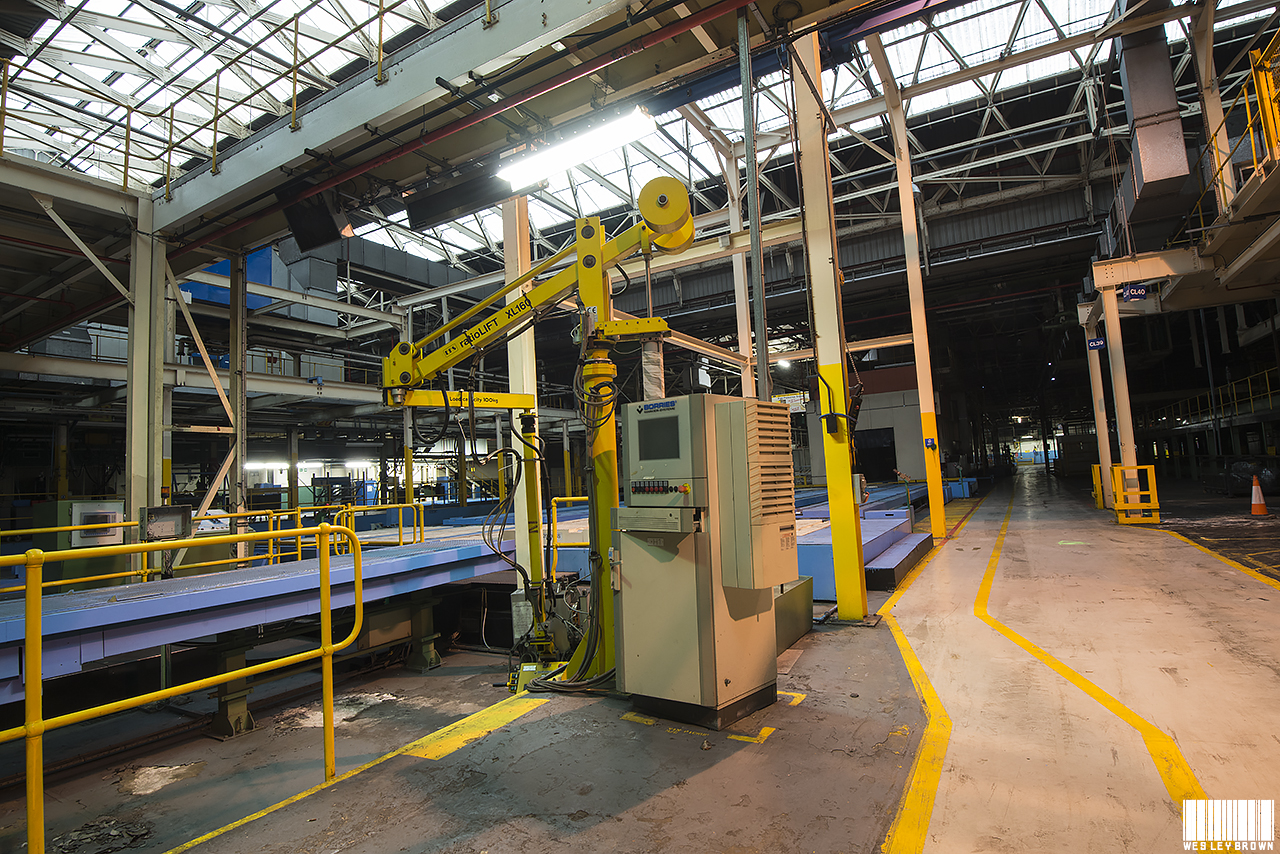The Southampton Transit plant has been operating since 1972, with 4,500 people employed during the peak of its productivity. This has now dwindled to 500 staff working a single shift. And production will cease for good next year, once Ford moves its manufacturing operations to Turkey.
Ford has not been entirely remorseless, and the company has publicly acknowledged the impact of the closures on workers, their families and wider communities in Southampton and Dagenham. It is expected that Ford will offer a generous package for those who are to be laid off. However, Ford is standing firm in its conviction that the transformation is necessary to ensure the continuing growth and success of the company.
Understandably, there has been something of an outcry at the auto manufacturer’s plans to move its operations to Turkey. National officer for the auto industry at the Union Unite, Roger Maddison described Ford’s plans as ‘disgraceful’. He has been quick to point out that the company has now shut down no less than sixteen sites in the past fourteen years, despite the fact that the United Kingdom is Ford’s largest European market.
The company has another two UK production plants in Bridgend South Wales and Halewood. The Bridgend plant manufactures Ford’s petrol engines and currently employs 2,000 workers, and the Halewood plant produces gearboxes and employs 800 staff. Although the stamping operation at Dagenham is set to close, the plant will play a part in manufacturing Ford’s next generation low-CO2 2.0-litre diesel engine.
In fact, the white Transit has become synonymous with the honest tradesman and the ‘white van man’. Roger Maddison said that the Transit had become as iconic as the red London buses or black cabs. Ironically, the black cab manufacturer, Manganese Bronze has announced that it’s time to call in the administrators after a recall irretrievably damaged the company.
The UK closures have been a disappointment for workers and their families, but this is a by-product of the global economic climate as a whole. Manufacturers will have to adapt to changing global demands and the new market conditions.
In short; the eurozone crisis has played a huge part in Ford’s decision. It’s not just the UK that will be affected, as there are further plans from Ford to close the company’s large-scale assembly plant in Genk, Belgium, which will result in over 4,000 job losses by the end of 2014.
Ford’s planned restructuring of its European production operations aims to strengthen the company’s business in the long term, and ensure that the auto manufacturer eventually returns to profitable growth.
Ford expects to save up to £402 million ($500 billion) with the closures, although this is of little comfort to those who will find themselves out of a job within the next two years.
Just five years ago, in 2007, the demand for new vehicles in Western Europe was at an all-time high. Since then, figures have plummeted by more than 20%. During the 2007 peak, Ford sold a total of 1.48 million vehicles in Western Europe, and had a market share of 10.9%. Last year’s figures painted an entirely different picture, as the company’s market share fell to just 8.2%. Its market share has continued to fall, withering to a depressing 7.9% in the first six months of 2012. Ford is expecting its European losses to come to around £30 million ($1.5 billion). They aren’t expecting Western European sales figures to improve any time soon.
Ford has moved quickly in an effort to mitigate the predicted $1.5 billion loss. Alan Mulally, Ford’s chief executive advised that the company would address this issue by manufacturing less vehicles in accordance to falling demands.
Relocating operations to a low wage, low cost economy like Turkey seems to be at odds with Henry Ford’s ethos of ensuring that workers where the cars are sold are paid decent wages. He originally had a vision of creating a motoring middle class that was able to buy his vehicles. This has now fallen by the wayside, as Ford strives to maintain its competitiveness. Despite the ensuing difficulties from the planned job losses, Ford is adamant that it is still committed to Britain.


